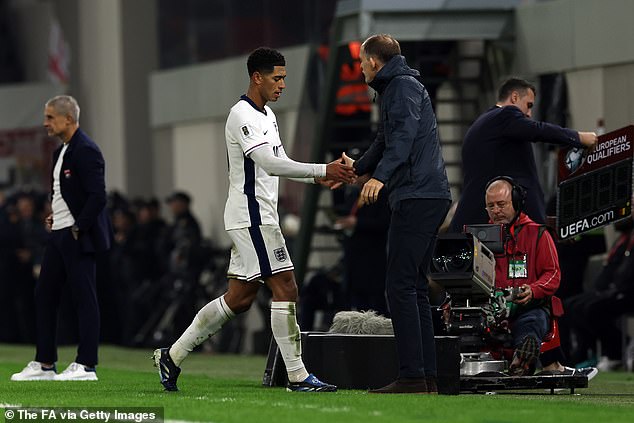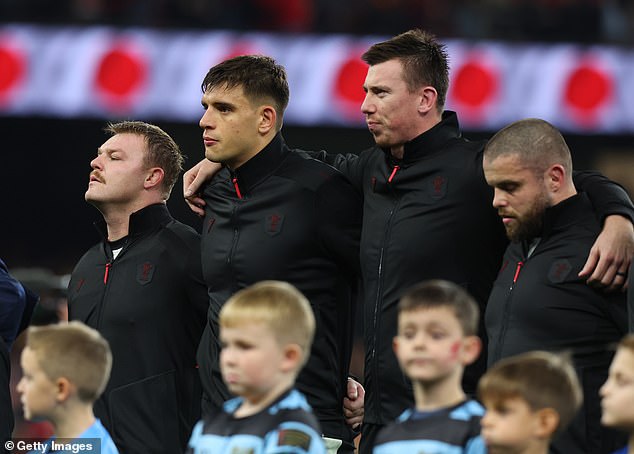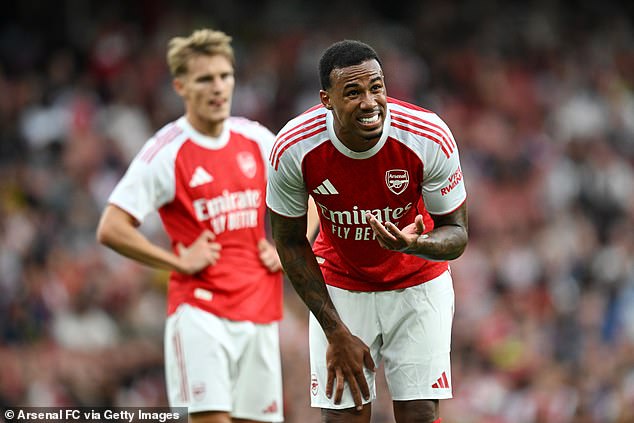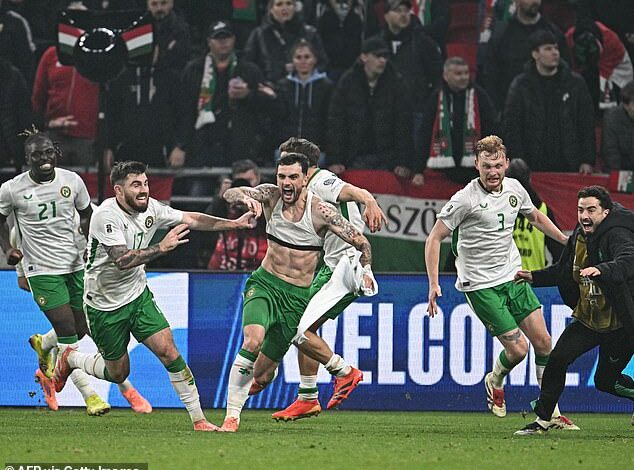
"Why England Must Omit Jude Bellingham: Divisive Antics Override World Cup Talent"
Thomas Tuchel’s Ego Battle: Can England Win the World Cup with Jude Bellingham?
(Word count: ~650)
Thomas Tuchel’s vision for England’s World Cup success hinges on selfless teamwork. But with Jude Bellingham’s recent defiance, tensions are rising. While Bellingham’s talent is undeniable, his attitude risks undermining squad harmony—a critical flaw in Tuchel’s collective-driven philosophy.
[Image: Thomas Tuchel on the sidelines, caption: Tuchel has prioritized trimming egos to build a unified England squad]
Tuchel, dubbed the “Ego Warrior,” has relentlessly addressed disruptive behavior since taking charge. In June, he criticized Bellingham’s on-field conduct as “repulsive,” citing his tendency to “intimidate” teammates. These comments were strategic, aiming to realign the midfielder’s mindset. Yet Bellingham’s reaction during England’s 2-0 win over Albania—publicly contesting his substitution—highlighted ongoing friction. With six minutes left, Tuchel substituted him to avoid a suspension risk. Bellingham’s visible irritation turned a celebratory night into a controversy.
[Image: Bellingham reacting angrily on the bench, caption: Bellingham’s dissent overshadowed England’s perfect qualifying campaign]
Former players blamed the media, but the root issue lies with Bellingham. His actions diverted focus from the team’s success, a red flag for Tuchel, who meticulously analyzes squad dynamics. The coach employs psychological profiling to gauge players’ attitudes, prioritizing humility over individualism. During Bellingham’s absence in earlier qualifiers, leaders like Harry Kane, Declan Rice, and Jordan Henderson thrived in an ego-free environment, securing dominant wins over Serbia and Latvia.
[Image: Kane and Rice celebrating, caption: Kane and Rice embody Tuchel’s emphasis on collective leadership]
Critics argue England need Bellingham’s brilliance to beat teams like France or Spain. But Tuchel’s blueprint relies on unity over individual stardom. England’s history of pinning hopes on singular talents—David Beckham’s metatarsal in 2002, Wayne Rooney’s in 2006—often ended in disappointment. Gareth Southgate’s early tenure shifted focus to teamwork, but Euro 2024 saw a regression toward prioritizing star power. Tuchel, learning from Germany’s three World Cup wins, rejects this approach.
[Image: Beckham during the 2002 World Cup, caption: England’s past reliance on individuals like Beckham rarely delivered trophies]
Bellingham’s camp behavior also draws scrutiny. Reports from Euro 2024 noted teammates’ frustration with his demeanor and reluctance to share media duties. While Tuchel wants him integrated, the Albania incident raises doubts. Substituting Bellingham was a protective move—a second yellow card would’ve ruled him out of the World Cup opener. Instead of gratitude, Tuchel faced defiance.
[Image: Bellingham walking off the pitch, caption: Tuchel substituted Bellingham to avoid suspension—a decision met with resistance]
With four months until pre-tournament friendlies, tensions may ease. But Tuchel, notorious for his elephantine memory, won’t overlook dissent. Bellingham’s talent is unmatched, yet petulance could cost him a World Cup role. For England to triumph, the constellation must outshine any solo act. As Tuchel knows: teams win titles, not individuals.
Final Thought: Bellingham remains a generational asset, but unless he aligns with Tuchel’s collective ethos, his presence risks becoming a liability—not a lifeline—for England’s World Cup dreams.


